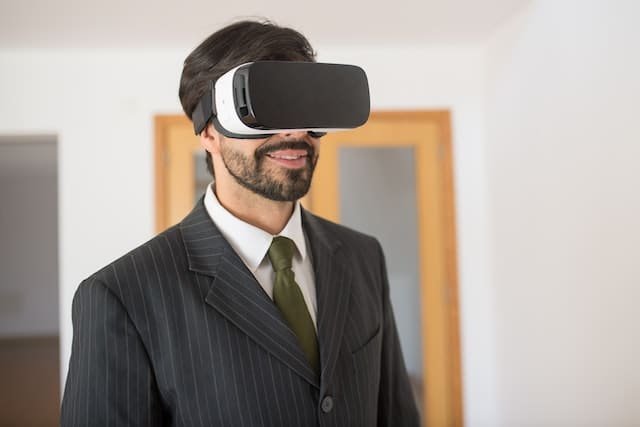Many people who are dependent on drugs often dream about what their lives might look like once they heal from addiction. You might be looking forward to the day you can say no to things that triggered your drug use in the past, or hoping for a time when you can make it past the withdrawal stage and continue progressing on your journey of recovery. Virtual Reality (VR) Addiction Therapy is one way that people in recovery can work to turn these dreams into a reality. This form of addiction treatment has already been successful in people who are addicted to smoking cigarettes, and researchers are beginning to turn their attention towards the role of VR in treating substance misuse.
VR is most often associated with entertainment devices such as 3-D cinema and video games. However, it is already an important fixture in many healthcare settings. Doctors sometimes use virtual models to prepare themselves for when they have to work on humans. VR has even been used in some types of psychological therapy, to treat anxiety disorders, PTSD, and phobias.
Thinking about the fact that substance addiction can often occur as a result of underlying mental health problems, it makes sense that VR can also help to treat addiction. We must emphasise that virtual reality therapy is not meant to replace other addiction treatments; medication, counselling, and holistic forms of therapy are all important parts of recovery, whether VR is involved or not. However, there are a few reasons why VR therapy has seen success as a method of addiction treatment.
Why does Virtual Reality Addiction Therapy Work?
First, lets consider how this form of addiction therapy works. In some cases, its as easy as putting on a VR headset, placing your smartphone in a designated slot on the headset, and entering this new form of reality. Other pricier setups involve more components. The patient puts on a head-mounted display which gives them a 360 ° view of their virtual environment. A scent machine nearby might release smells such as sweat, alcohol or drugs to create a more realistic experience. Another machine monitors the patients heart rate, blood pressure, and other physiological indicators of stress.
In any case, the patient is exposed to situations where they may encounter alcohol or drugs. They are given the chance to explore the environment and interact with any objects of triggers that they encounter.
So how does this form of therapy help people in recovery?
For one, patients are exposed to vivid real-world settings. Other forms of therapy may attempt to depict real scenarios using pictures or role-play. However, VR is far more realistic; it gives patients a better idea of the scenarios they might encounter in the real world.
Secondly, patients who use VR therapy have to engage with their triggers on a regular basis through visual stimuli, smells, and sound. Through this repeated exposure, people in recovery can learn how to overcome cravings. They have the chance to develop coping strategies and overcome drug cravings. Better yet, a counsellor can also help patients to find the best coping strategy for them, while keeping in mind their history with the drug. They can practice these scenarios as often as they would like to, without worrying about the consequences of being unable to say no.
Finally, virtual reality addiction therapies can act as a powerful distractor for people in recovery. This is especially useful in the withdrawal stage. The process of detoxifying from drugs can be painful, uncomfortable, and exhausting. VR therapy can act as a distractor for patients in this difficult stage or recovery.
Whether you are struggling to cope with your journey of recovery, or you’re looking to start your journey, there is hope for you. Please contact us today and learn how we can support you and your healing.




